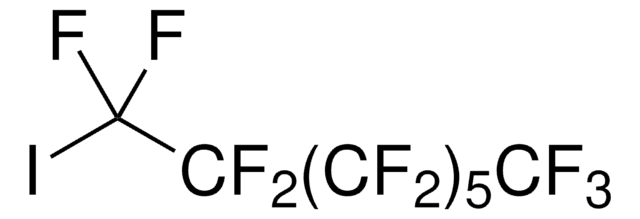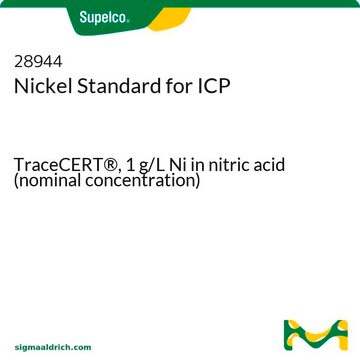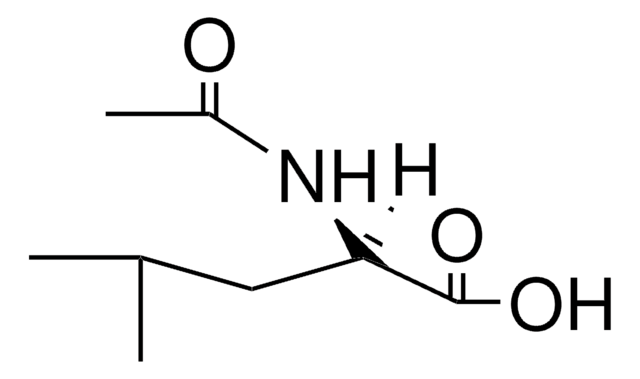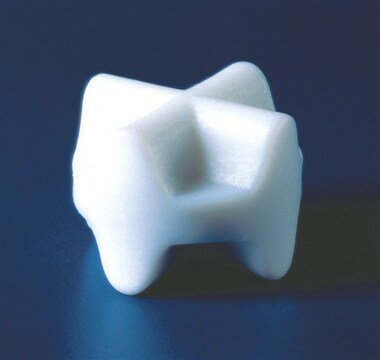36943
1,2-Dimethylnaphthalene
analytical standard
About This Item
Productos recomendados
grado
analytical standard
caducidad
limited shelf life, expiry date on the label
técnicas
HPLC: suitable
gas chromatography (GC): suitable
índice de refracción
n20/D 1.615 (lit.)
bp
266-267 °C (lit.)
mp
−2-−1 °C (lit.)
densidad
1.013 g/mL at 25 °C (lit.)
aplicaciones
environmental
formato
neat
cadena SMILES
Cc1ccc2ccccc2c1C
InChI
1S/C12H12/c1-9-7-8-11-5-3-4-6-12(11)10(9)2/h3-8H,1-2H3
Clave InChI
QNLZIZAQLLYXTC-UHFFFAOYSA-N
¿Está buscando productos similares? Visita Guía de comparación de productos
Descripción general
Aplicación
Productos recomendados
Código de clase de almacenamiento
10 - Combustible liquids
Clase de riesgo para el agua (WGK)
WGK 3
Punto de inflamabilidad (°F)
235.4 °F - closed cup
Punto de inflamabilidad (°C)
113 °C - closed cup
Equipo de protección personal
Eyeshields, Gloves, multi-purpose combination respirator cartridge (US)
Elija entre una de las versiones más recientes:
¿Ya tiene este producto?
Encuentre la documentación para los productos que ha comprado recientemente en la Biblioteca de documentos.
Nuestro equipo de científicos tiene experiencia en todas las áreas de investigación: Ciencias de la vida, Ciencia de los materiales, Síntesis química, Cromatografía, Analítica y muchas otras.
Póngase en contacto con el Servicio técnico








